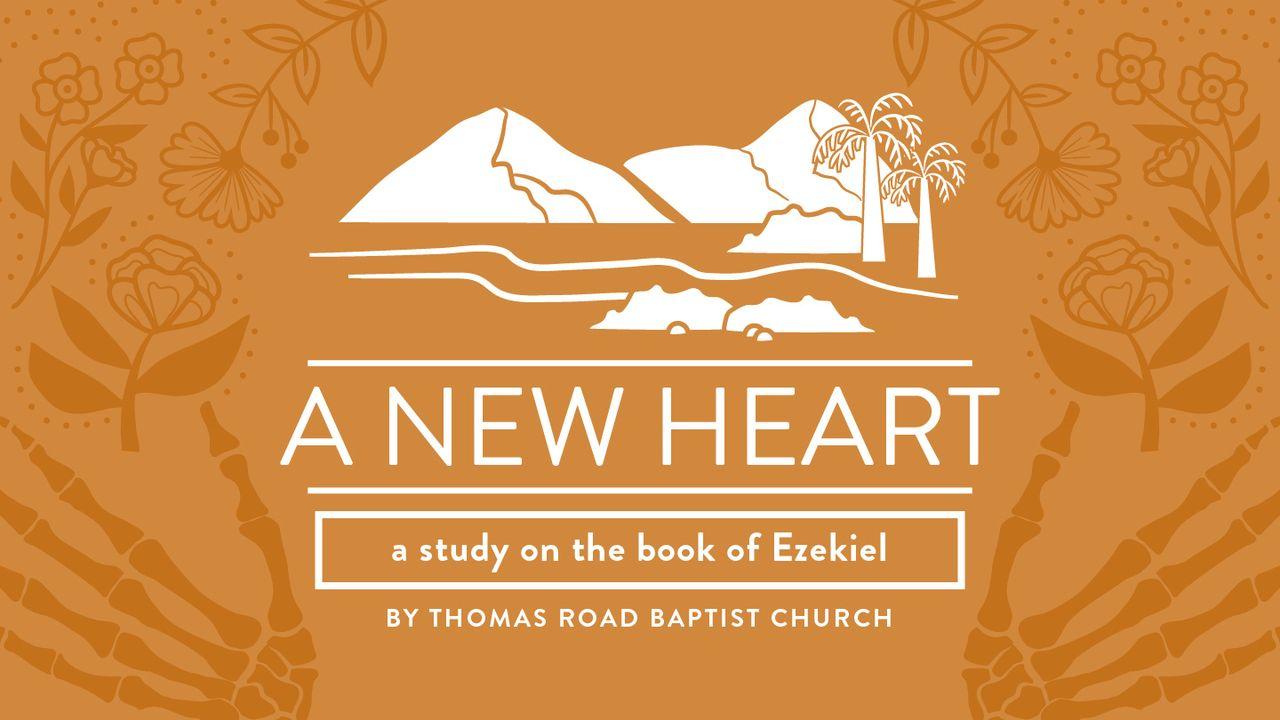A New Heart: A Study in Ezekielគំរូ

What does it say?
Ezekiel prophesied against Egypt, who would be plundered by Nebuchadnezzar, suffer 40 years of desolation, and never again rule over other nations.
What does it mean?
Judah had looked to Egypt for support during Nebuchadnezzar’s siege on Jerusalem. Pharaoh was a false friend, making promises to God’s people and then abandoning them when the pressure came to bear. Rather than bow to the God of Israel as Sovereign Lord, Pharaoh claimed to be a god, even taking credit for Egypt’s greatest resource, the Nile River. The destruction of Egypt accomplished three purposes: Pharaoh’s mortality was exposed, the Babylonian army was rewarded as God’s instrument of judgment, and the people of Israel were reminded to depend on the Lord instead of any other power.
How should I respond?
Dependence on the Lord does not mean accepting help from friends or family is wrong. As a matter of fact, He often guides us through the godly wisdom and aid of others. The problem comes when we look to those people first as a source of safety, provision, or security. To whom do you reach out before you pray? This week, talk to God right away about whatever issues arise and wait to see what resources He provides on your behalf. He may very well send the resolution before you look elsewhere. “The moment we recognize our complete weakness and our dependence on Him will be the very moment that the Spirit of God will exhibit His power” – Oswald Chambers.
អត្ថបទគម្ពីរ
អំពីគម្រោងអាននេះ

An exile himself, Ezekiel prophesied to a people whose blindness and hard-heartedness had caused their own destruction. As the Lord’s glory leaves the temple (Ezekiel 10:1-3), we are reminded of the tragic consequences of Israel’s disobedience. Israel’s story, however, will not end in exile and judgment. Ezekiel prophesies of the day when God will cleanse his people of their sin, give them a new heart, and fill them with His Spirit (Ezekiel 36:25-27).
More









